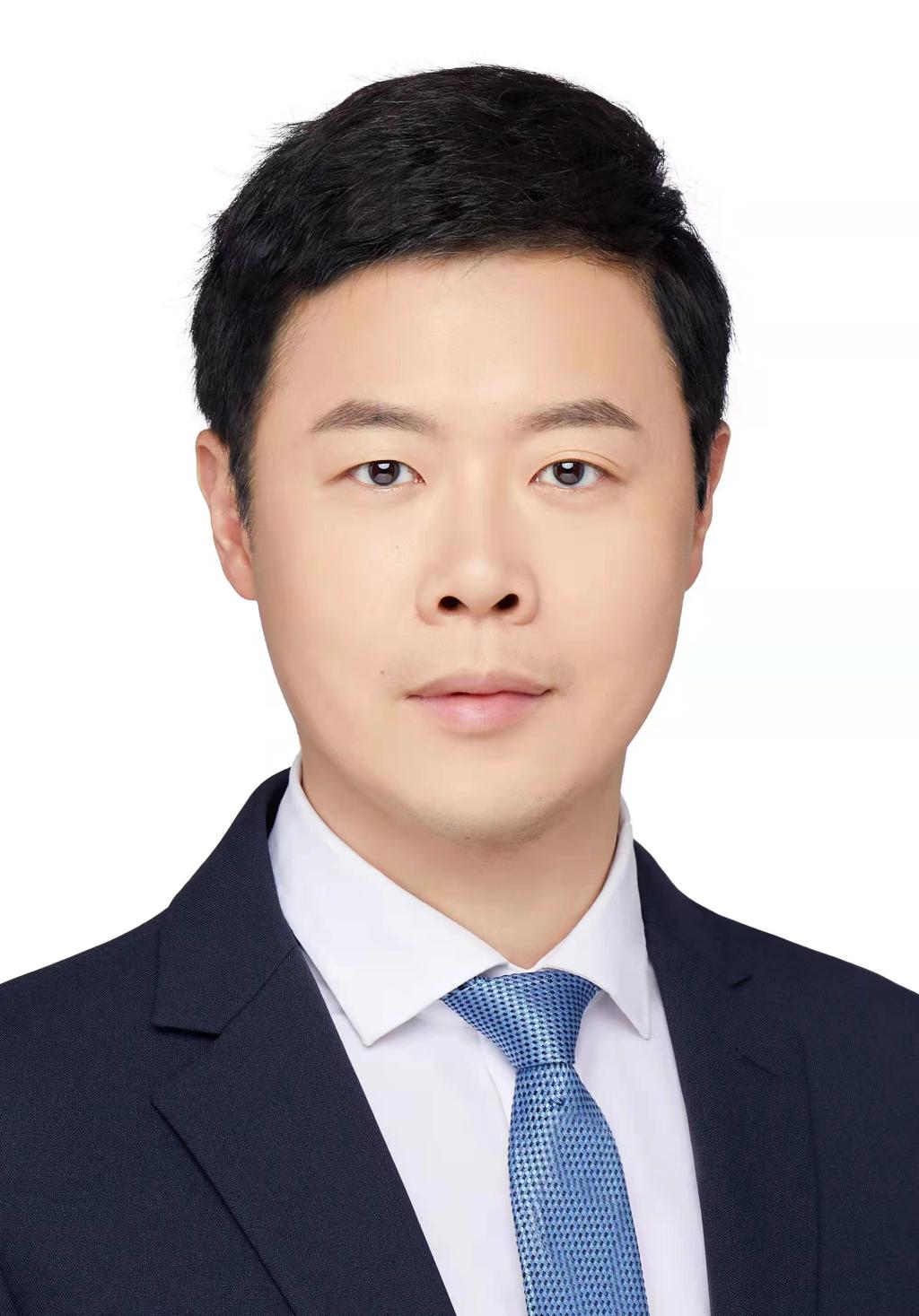
Prof. Qing Li, born in 1983, is currently the director of the Center for New Energy Materials and Devices, School of Materials Science and Engineering, Huazhong University of Science and Technology.
E-mail:qing_li@hust.edu.cn
Google Scholar: http://scholar.google.com/citations?user=ltlG5J8AAAAJ&hl=en
Research ID: http://www.researcherid.com/rid/G-4502-2011
Experience
2001.9-2005.7:Wuhan University, College of Chemistry and Molecular Sciences, Bachelor's degree(Supervisor:Prof. Shengshui Hu)
2005.9-2010.7:Peking University, College of Chemistry and Molecular Engineering, Doctor's degree(Supervisor:Prof. Yuanhua Shao)
2011.1-2013.8:Los Alamos National Laboratory, Postdoctoral researcher(Collaborator:Dr. Piotr Zelenay)
2013.8-2015.12:Brown University, Postdoctoral researcher (Collaborator:Prof. Shouheng Sun)
2016.3-now: Huazhong University of Science and Technology, School of Materials Science and Engineering, Professor.
Research experience
Primarily engaged in research on hydrogen energy and carbon neutrality, electrocatalysis and electrochemistry, fuel cells, and water electrolysis for hydrogen production. Selected as a National Excellent Young Scientist (2021), part of the National High-Level Overseas Talents Program (2016), Fellow of the Royal Society of Chemistry (2022), listed among the world's top 2% of scientists, ranked in the 2022 Global Scholars Academic Influence Rankings, recognized as a Rising Star Scientist by Sci. China Chem. journal in 2023, awarded the 2023 Presentation Prize by Chem. Commun., and named one of the 2020 Emerging Investigators by J. Mater. Chem. A. He has published more than 100 SCI academic papers, including more than 70 papers (IF > 10), such as Nature Materials, Nature Catalysis, Joule, Nat. Commun., J. Am. Chem. Soc., etc. These papers have been cited over 17,000 times, with an H-index of 69. More than 20 articles have been recognized as ESI Hot Papers and Highly Cited Papers, and over 10 patents have been granted in the United States and China. He has host/participated in the National Excellent Young Scientist Fund, the National Natural Science Foundation of China General Program, the National Key R&D Program's "Catalysis Special Program", "Large Science Facility Program" and "Key Technologies and Support Platforms for Material Genome Engineering Special Program", the Hubei Provincial Technology Innovation Special Major Project, the Shenzhen Science and Technology Innovation Commission Basic Research Program etc. Currently serves as Deputy Editor of Chinese Chemical Letters, editorial board member of ACS Electrochemistry, Electrochemistry, Chinese Journal of Catalysis, and Nano Materials Science, a committee member of the Youth Chemists Committee of the Chinese Chemical Society, and a board member of the International Academy of Electrochemical Energy Science (IAOEES). Served as guest editor for special issues on electrochemistry for Electrochemistry (2019), Chinese Journal of Catalysis (2023), and Electrochim. Acta (2023). Chief editor of the Advanced Electrochemical Energy Storage and Conversion book series published by the Chemical Industry Press. The team maintains long-term cooperative relationships with research institutions such as Los Alamos National Laboratory in the United States, State University of New York at Buffalo, Brown University, California State University, Ulsan National Institute of Science and Technology in South Korea, and Bar-Ilan University in Israel. They also engage in industrial collaboration with well-known enterprises such as Zhongyu and Zhongshun Environmental Protection.
Research directions
1. Electrochemical conversion of clean energy towards carbon neutrality
2. Research on electrocatalytic reactions such as hydrogen fuel cell, electrolytic water, CO2 reduction (reaction pathways, evolution of adsorption intermediates or active center sites, in-situ characterization, etc.)
3. Rational design and large-scale preparation of highly efficient nanocatalysts
4. Development of new electrochemical energy conversion and storage devices and systems PEMFCs, SPEWE, new secondary batteries, etc.)
